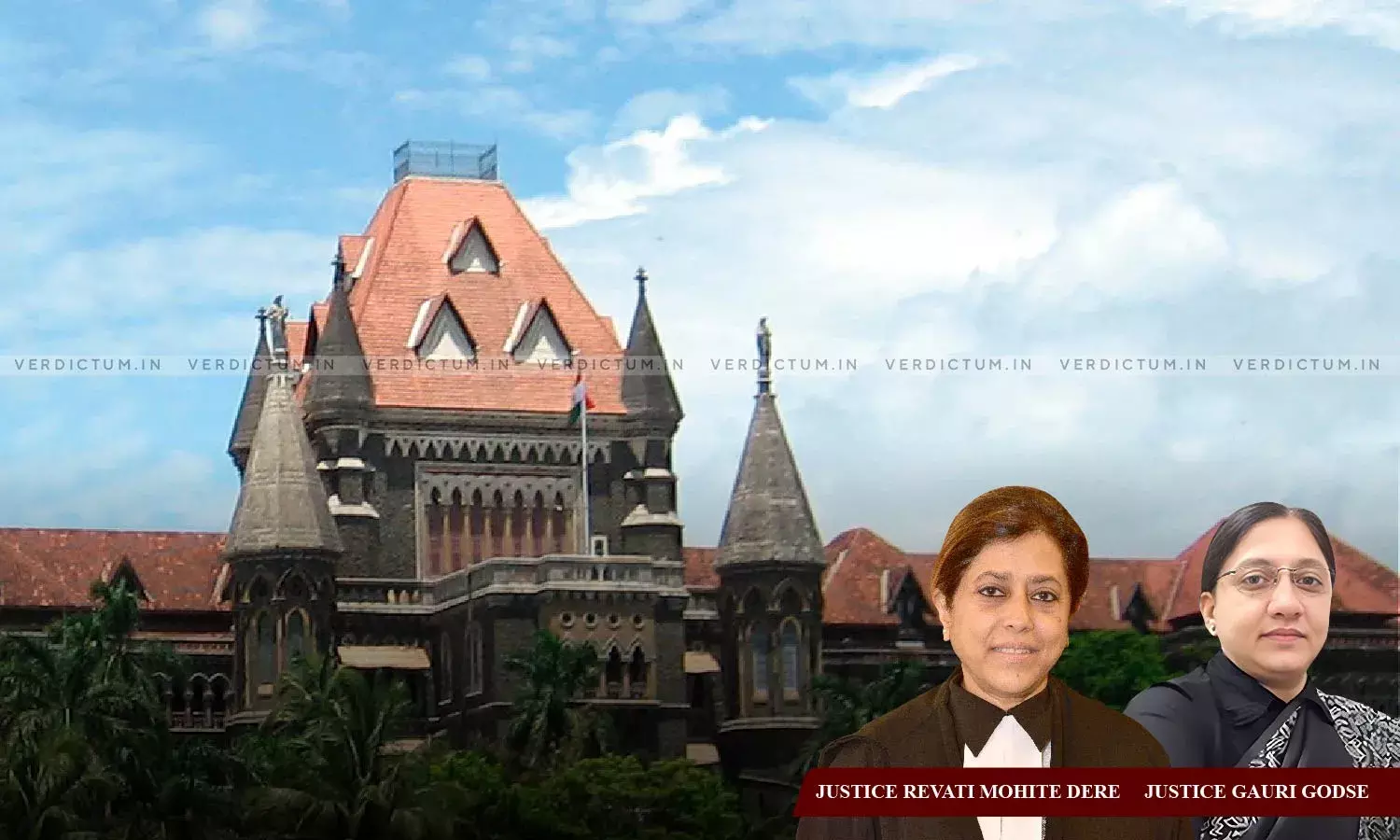Section 14A SC ST Act| Prolonged Custody Without Framing Of Charges: Bombay High Court Grants Bail In Murder Case
The Bombay High Court granted bail to the appellant who had appealed against the rejection of their bail application under Section 14A of the Scheduled Castes and the Scheduled Tribes (Prevention of Atrocities) Act in connection with a case involving serious charges.
A Division Bench of Justice Revati Mohite Dere and Justice Gauri Godse observed that, “Considering the evidence as stated aforesaid, and prima facie, the inconsistency in the alleged role played by the appellant and the fact that the appellant is in custody since 8th June 2020 i.e. for more than 3 years and since till date, charge has not been framed, the Appeal deserves to be allowed.”
The charges against the appellant included offenses under various sections of the Indian Penal Code (302, 143, 147, 148, 149) and the SCST Act (3(1) (r)(s), 3(2)(va), 3(2)(v)), along with sections of the Maharashtra Police Act (37(1), 135).
Advocate Niranjan Mundargi appeared for the Petitioners and Advocate P. P. Shinde appeared for the Respondents.
The appellant's counsel argued that there was a contradiction between the information provided by the first informant regarding a dying declaration made by the deceased, and the statements of eyewitnesses. The appellant's counsel emphasized that the appellant was not armed during the incident. It was further argued that the deceased sustained only one head injury, which resulted in his death, following an altercation between the accused and the deceased.
The Assistant Public Prosecutor (A.P.P.) opposed the grant of bail, asserting that the impugned order rejecting the appellant's bail application should not be interfered with.
The Court noted that it had previously granted regular bail to co-accused, highlighting a contradiction between the deceased's statement to the first informant and the testimony of eyewitnesses.
The Court reviewed the statement of the first informant, which included an alleged oral dying declaration made by the deceased, naming six accused who assaulted him and describing the role of each accused. Further statements from witnesses were considered.
The Court took note of the inconsistency in the alleged roles of the appellant and the appellant's prolonged custody without the framing of charges.
Considering these factors, the Court allowed the appeal. The order passed by the Special Judge was quashed and set aside.
Cause Title: Sagar v. The State of Maharashtra & Anr.
Click here to read/download Judgment




